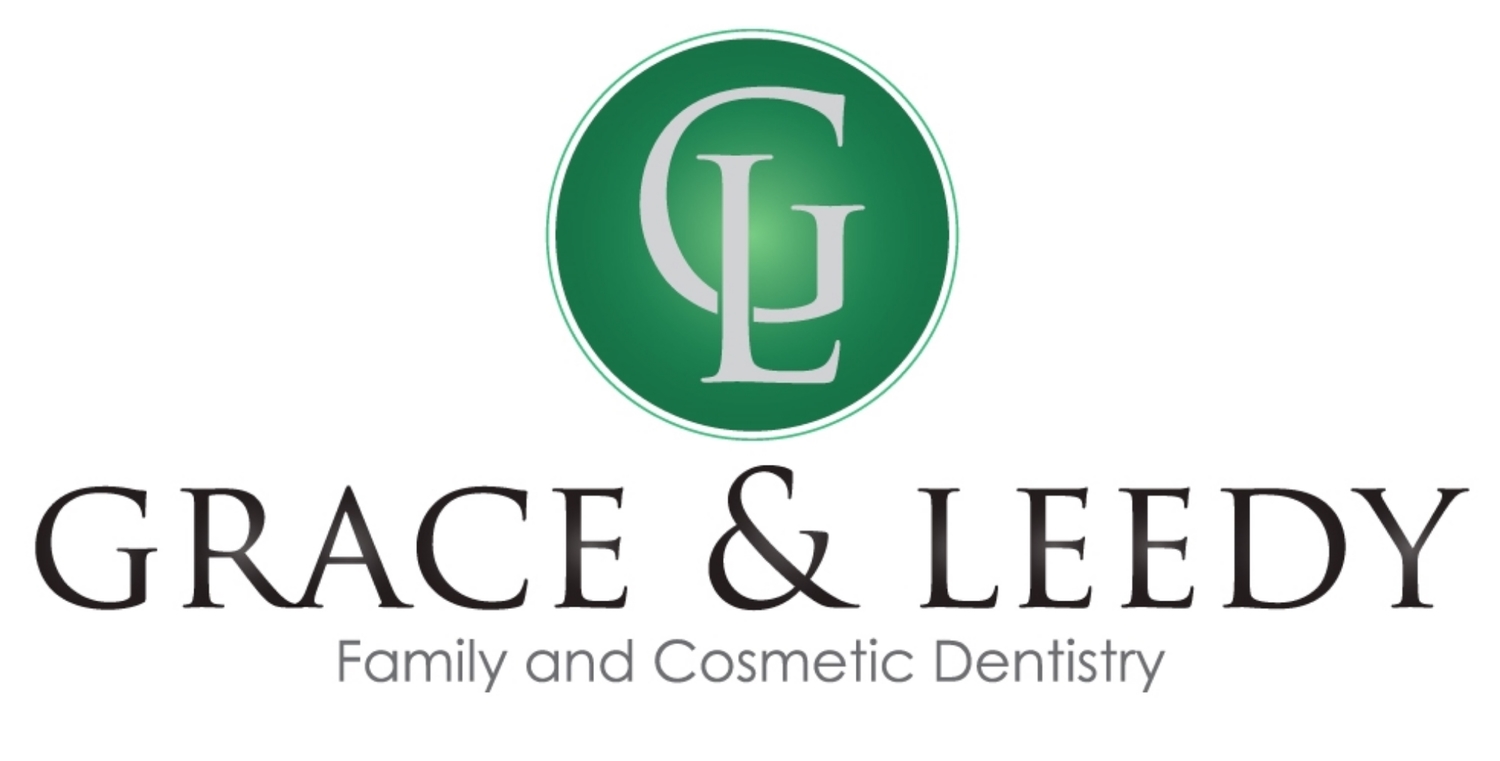A simple stroll down the dental care aisle will show that you need three things for oral health - toothpaste, floss and mouthwash. The first two, toothpaste and floss, are extremely essential. If you’re not using both then your oral health will absolutely be impacted. Mouthwash, although not as key as the other two items, still has its place in a proper oral health routine. This said, many people use mouthwash incorrectly. To fully describe how you may be using mouthwash wrong, we have to talk about the concept of fluoride absorption in your teeth. Let’s learn more about how you can avoid using mouthwash incorrectly.
Fluoride Absorption
Fluoride is one of the great public health victories of the 1900’s. You can learn more about it in our article Why Fluoride Is Important For Teeth. In short, fluoride is proven to strengthen your teeth by preventing demineralization and helping to remineralize damaged teeth. These processes are key to your long term oral health, and fluoride is an important tool for dentists around the globe. To maximize fluoride’s effects, it needs to stay on your teeth for as long as possible.
As you may know, fluoride can be delivered to your teeth in several ways. Toothpaste with fluoride is the most common, and we should all be using some form of fluoride toothpaste daily. You can also find fluoride in mouthwashes and most public water supplies in the US. As you can see, your teeth are exposed to fluoride in many ways, but some are more effective than others.
Time And Fluoride Delivery Matters
We’ve already covered that the longer fluoride stays on your teeth, the more effective it is. However the delivery method of fluoride matters too. For example, a small degree of fluoride is in your drinking water, but how many of us hold water in our mouth for 30 seconds before swallowing? Even so, the concentration is so low it wouldn’t make much of a difference.
Toothpaste on the other hand does sit on your teeth for a good period of time, around 2-3 minutes if you’re brushing correctly. This gives the fluoride ample time for absorption, and the paste itself is more inclined to stick to the teeth than liquid. Toothpaste usually has higher concentrations of fluoride than liquids like mouthwash as well. So how could using fluoride in this way go wrong? If you use mouthwash to rinse right after brushing your teeth.
How People Use Mouthwash Wrong
Mouthwash is used for “rinsing” purposes, but if you’re not careful it can rinse that valuable fluoride right off your teeth after brushing. Yes even if the mouthwash has fluoride in it, toothpaste is far more successful at administering fluoride for the remineralization of your teeth.
It’s natural to think of mouthwash as a “finishing part” to brushing, after all it is designed to keep your mouth and breath fresh for a period of time. But since mouthwash is a liquid, it can actually dislodge valuable fluoride from your teeth after brushing. This includes both the surfaces of teeth and in between teeth.
The better way to use mouthwash is first in your dental care routine. It can help dislodge food particles and you’ll still get that freshening effect. It’s always best to finish with toothpaste no matter what you do. After brushing, make sure to refrain from drinking water or other liquids as well so the fluoride will remain on your teeth. The ideal method is to consume no liquid or food for at least 30 minutes after brushing. This gives the fluoride the best chance to work on your teeth.
As for flossing, where does it fit in? Well you can actually floss after brushing and help push fluoride particles into those vulnerable areas between your teeth.
Use Mouthwash The Right Way
Most dentists will admit, mouthwash doesn’t really have too much of an impact on your overall dental health. That said it can still be of use to many patients as long as you administer it correctly. So make sure you always start with mouthwash and never finish with it during your dental care routine. Learn more about this and other oral health tips by scheduling a cleaning at Grace & Leedy Family Dentistry. Our dental hygienists can walk you through what you’re doing right and what you should change.



